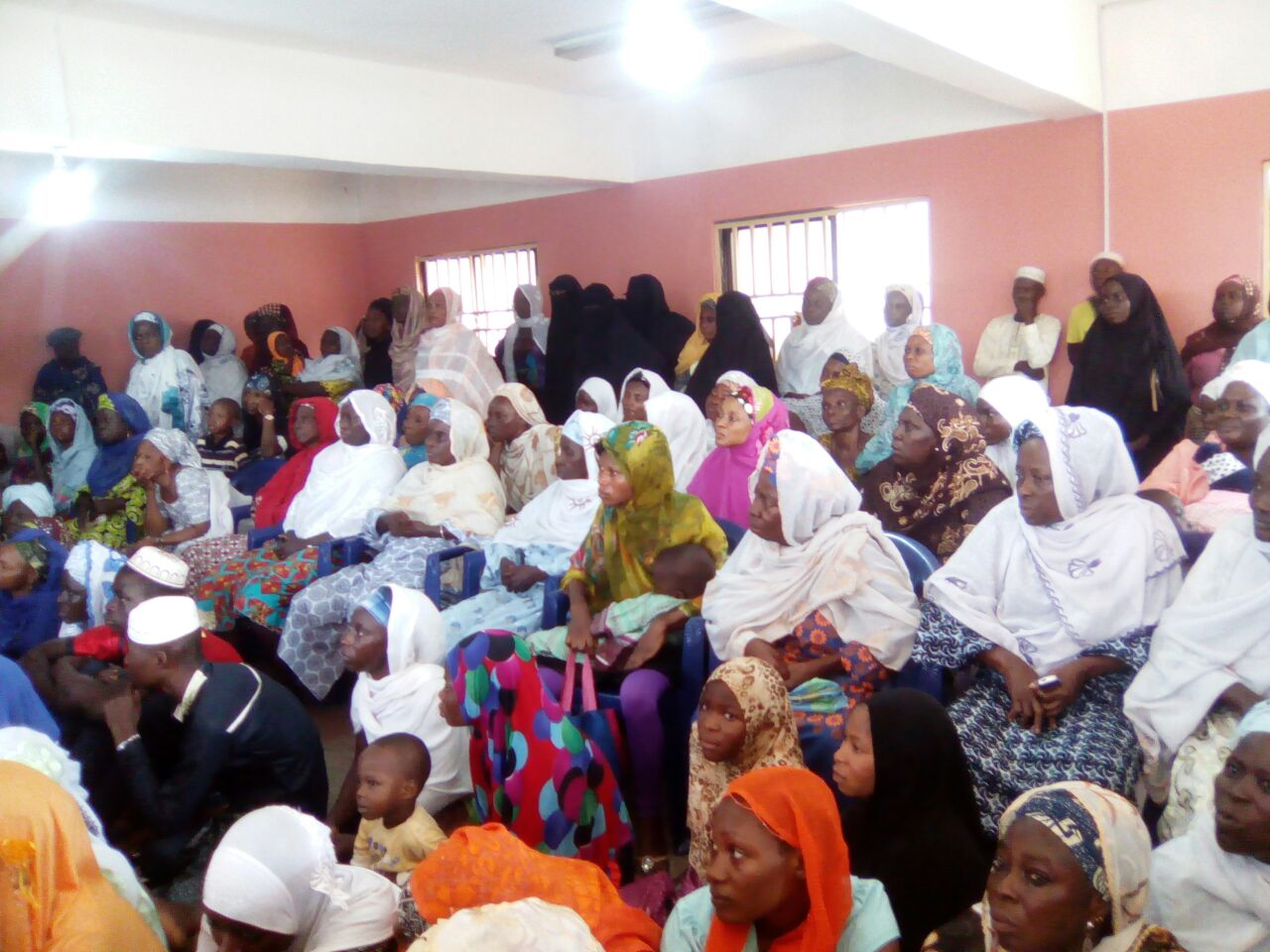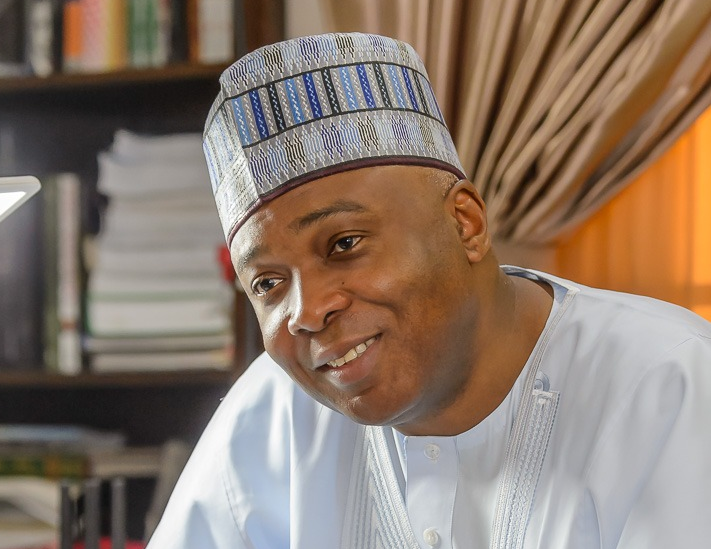BY NNEDINMA MGBEMENA AND TSEMA YVONNE EDE
This year, the Nigerian banking sector, saw four women rise to top positions as managing directors/chief executive officers. It is also the same year that saw Ngozi Okonjo-Iweala become the first female to head the World Trade Organisation. However, the number of women occupying leadership in Nigeria remains minuscule. Nigeria ranks poorly in female parliamentary representation. Women only own 20% of enterprises in the formal sector and only 11.7% of board directors in Nigeria are female.
The 2021 International Women’s Day themed, “Women in Leadership: Achieving an equal future in a COVID-19 world”, was driven by the fact that around the world, women’s full and effective participation in leadership across diverse sectors is lacking. Women remain underrepresented in public life and decision-making. The UN secretary general’s report revealed that women are heads of state or government in 22 countries, and only 24.9% of national parliamentarians are women. According to the UN, at this rate, gender equality among heads of government will take another 130 years.
These numbers are abysmal and it exposes a glaring deficit of female representation in leadership. In Nigeria currently, only eight out of 109 senators and 22 of the 360 house of representatives members are women at the federal level. While individually at the states, there’s one female deputy governor and zero female governors in the 36 states. A total of 69 women were elected into public offices across a country with a population of over 200 million people. While many may argue that giant strides have been made or are being made to bridge the gender divide, these statistics show us that there is still a lot to be done.
Advertisement
Women make up a huge percentage of the informal labour force in Nigeria. A large number of women in the formal sector are seen to occupy clerical, junior administrative, and other related roles. Women are also at the forefront of the battle against COVID-19, as front-line and health sector workers, as scientists, doctors, and caregivers, yet they get paid 11% less globally than their male counterparts. An analysis of COVID-19 task teams from 87 countries found only 3.5% of them had gender parity.
Oby Ezekwesili, a former minister of Nigeria and one-time leader at the World Bank, stated that several barriers women face are self-imposed. The barriers that lead to imposter syndrome and cause them to limit themselves are self-imposed? Could she be right? If public financing of elections was available and every other barrier to leadership was removed, will women be interested in running for office and taking on the reins of leadership? Are women simply disinterested or are there other institutional, social, political, economic, and cultural barriers that limit their participation in leadership?
Ezekwesili went on to state that analysis has shown that the full participation of women, whether in economic activities or political activities, improves the wider state of society. It is no news that achieving gender equality, gender parity, and gender democracy will reduce poverty, build resilience, achieve peace in communities, help to accelerate progress, and improve development indices but the unanswered question continues to be, what are the factors that hold women back and how do we dismantle them? In their independent 2021 CEO report, Proshare stated that the International Finance Corporation (IFC) report on gender equity indicated that there is evidence to prove that banks led by women CEOs recorded improved performances.
Advertisement
Gender parity is a global challenge and Nigeria is not an exception to this. Even though the number of women in the corporate sector has increased over time, they still face the proverbial glass ceiling as there is a paucity of women in the different sectors, ranging from agriculture to technology, fintech, and even the energy sectors. On December 10, the world celebrated the last day of the commemoration of the annual 16 days of activism against gender-based violence. The theme for 2021 was Orange the world: End Violence against women now. A critical element of violence prevention is the promotion of gender equality. The relationship between gender and violence is complex, however, evidence has shown that gender inequalities increase the risk of violence against women. Tackling violence against women without attaining gender parity will continue to be a surface-level reaction to the problems. Representation is key.
The prevention of violence against women also requires that stereotypes that give men power over women are challenged. Oftentimes, violence against women is an expression of power whether it is female genital mutilation, human trafficking, rape, or online violence. The ability of men to carry out violence against women without major consequences empowers them to continue with their actions. There are not enough women challenging these stereotypes and occupying positions of leadership that can ensure more safe spaces for women and girls. Women are not groomed for leading the way men are groomed.
Growing up Nigerian meant that discipline was often gender-based. It is commonplace to hear older female family members/guardians chide the girl child for wrongdoing with statements like, “Is this how you will behave in your husband’s house?” This is a common practice in most African homes, little girls are raised to be wives and nurturers, while boys are raised to lead and take charge. Over time, we have seen the dangers these harmful stereotypes have caused. While we change the norms and start to groom women for leadership, we must also teach our young girls to create spaces for themselves. Where a seat at the proverbial table, will not be given to them, they must not be afraid to carry their chairs to the said table. Nothing stops them from building their tables. When these spaces are created for women by women, they must hold these spaces and guard them jealously.
As 2021 comes to an end, and the end of the pandemic continues to drift farther away. Women must be prepared to lead the world in a pandemic and post-pandemic era. When women lead, we see positive results. Some of the most efficient and exemplary responses to the COVID-19 pandemic were led by women. Women, especially young women, are at the forefront of diverse and inclusive movements online and on the streets for social justice, climate change, and equality in all parts of the world. The #EndSARS movement, Malala Yousafzai, Greta Thunberg, and Rinu Oduola have shown us that women are not afraid to use their voices and lead to create change.
Advertisement
In conclusion, let the saying that, “women are their worst enemies, or that women do not support other women”, end in 2021. That is a faulty generalisation that has festered for too long and has done great damage to creating support networks for women to thrive. It is simply untrue. Bad people are bad people, regardless of gender. Going into 2022, we must create mentorship programmes, build platforms for women, support feminist networks, and cheer on women who decide to break those glass ceilings.
In the words of CCTV Anchor Tian Wei, “any society that fails to harness the energy and creativity of its women are at a huge disadvantage in the modern world”.
Cheers to 2022 and the promises it holds for the Nigerian woman.
Advertisement
Views expressed by contributors are strictly personal and not of TheCable.






